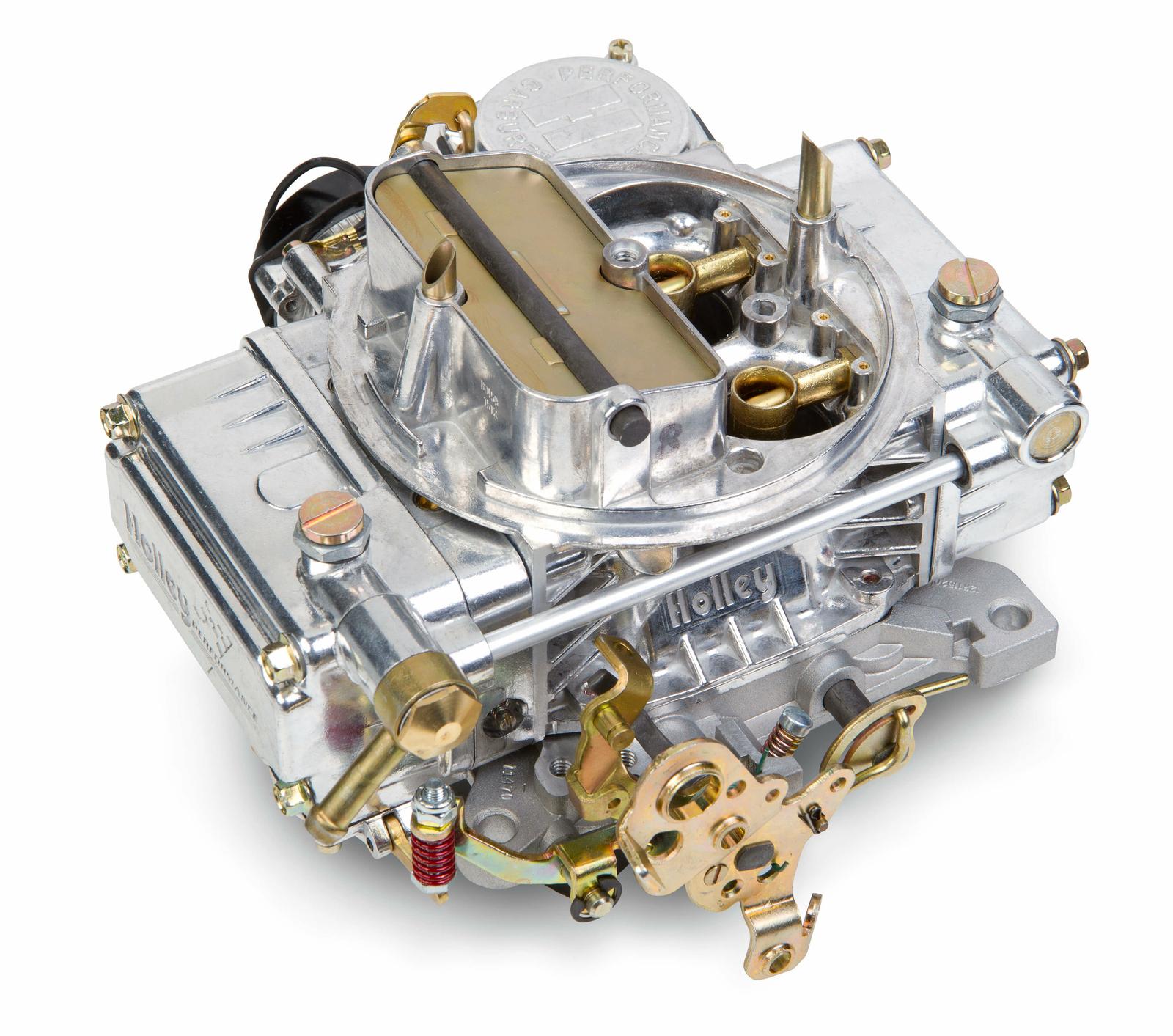Carburettor Market Demand Grows Across Two-Wheelers, Agriculture Engines, and Emerging Economies in Transition

The global carburettor market continues to show resilient demand, especially in segments where affordability, ease of maintenance, and proven technology are prioritized. While modern fuel injection systems and electric powertrains are making inroads in many developed economies, carburettors remain a vital component in several applications, including motorcycles, small-engine equipment, and agricultural machinery. The market demand is driven by a combination of economic, industrial, and consumer-level factors that keep this decades-old technology alive and relevant in specific niches.
Strong Demand in Two-Wheelers and Small Vehicles
The two-wheeler segment remains the most significant contributor to the global carburettor market demand. In countries such as India, Indonesia, Vietnam, and several African nations, motorcycles and scooters are a primary mode of transportation. In these price-sensitive markets, carburettors offer a low-cost engine solution that balances performance with affordability.
Carburettors are preferred in entry-level motorcycles and low-displacement scooters due to their simpler design and reduced manufacturing costs. Moreover, local mechanics are widely familiar with carburettor technology, which simplifies servicing and repair for consumers. This technical familiarity continues to influence consumer choices in favor of carburettor-based vehicles over more complex fuel injection models.
Agricultural and Utility Equipment Boosting Market Demand
In addition to automotive use, carburettors are widely used in small internal combustion engines powering agricultural tools, lawn mowers, portable generators, and water pumps. Farmers and rural consumers often prefer machines with carburettors because they are easier to repair, require fewer diagnostic tools, and are less sensitive to fuel quality.
This segment has proven particularly robust in regions with developing agricultural sectors or limited access to advanced repair services. As global food production increases and mechanization spreads to smaller farms, the demand for small engines—and, by extension, carburettors—is expected to stay strong.
Aftermarket and Replacement Needs Sustaining Volume
Even in markets transitioning to newer technologies, the aftermarket for carburettors remains significant. Millions of vehicles, machines, and tools equipped with carburettors are still in operation worldwide. These products require regular maintenance, part replacement, and sometimes complete carburettor overhauls, creating steady demand for new units, rebuild kits, and tuning accessories.
Enthusiasts, mechanics, and restoration professionals also form a loyal customer base. In regions with a large number of aging vehicles, particularly older motorcycles and compact cars, aftermarket demand plays a crucial role in sustaining the overall market.
Regional Variations Influencing Growth Patterns
The demand for carburettors is closely tied to regional economic and policy factors. In Asia-Pacific, particularly India and Southeast Asia, carburettor-equipped vehicles dominate entry-level mobility. The cost-driven nature of these markets ensures steady demand, especially in rural and semi-urban areas where fuel injection systems may not offer a compelling cost-benefit ratio.
Meanwhile, in Africa and Latin America, the growth of infrastructure and transportation needs continues to rely on affordable engine solutions. Carburettors provide an economical entry point for both individual and commercial mobility, especially in regions where fuel quality varies and complex diagnostics are hard to access.
In contrast, North America and Europe have seen a decline in new carburettor installations due to stricter emission standards and a shift toward advanced technologies. However, classic car and motorcycle communities, small-engine equipment users, and niche manufacturers still contribute to regional demand through restoration projects and aftermarket services.
Affordability and Simplicity as Key Drivers
The primary advantage that continues to drive carburettor demand is simplicity. Carburettors don’t rely on electronic control units, sensors, or complex software to operate. This makes them especially valuable in areas where reliability, ease of repair, and independence from electronic diagnostics are crucial.
Affordability is another critical factor. For manufacturers and end users alike, carburettor-based engines are cheaper to produce and maintain. This pricing advantage plays a vital role in economies where average consumer incomes are lower and price sensitivity is high.
Challenges and Competitive Pressure
Despite strong demand in select sectors, the carburettor market does face competitive pressure. Fuel injection systems are gradually becoming more affordable and efficient, even in low-cost vehicles. Stricter environmental regulations are also pushing manufacturers to adopt cleaner, electronically controlled systems to meet emission standards.
Moreover, the rise of electric mobility is beginning to impact the lower end of the vehicle spectrum, especially in densely populated cities with supportive policies and subsidies. As electric two-wheelers and small machines become more accessible, some traditional carburettor-based segments may gradually shrink.
Conclusion: Niche But Resilient Market Segment
Carburettor market demand continues to hold firm in a world of evolving engine technologies. Its dominance in two-wheelers, agricultural equipment, and developing economies ensures that it remains a relevant and profitable segment for manufacturers and suppliers. While future growth may be modest compared to emerging technologies, the carburettor's unique blend of affordability, simplicity, and reliability will keep it in demand—especially in areas where practicality outweighs technological advancement.
- Art
- Causes
- Crafts
- Dance
- Drinks
- Film
- Fitness
- Food
- Jeux
- Gardening
- Health
- Domicile
- Literature
- Music
- Networking
- Autre
- Party
- Religion
- Shopping
- Sports
- Theater
- Wellness


